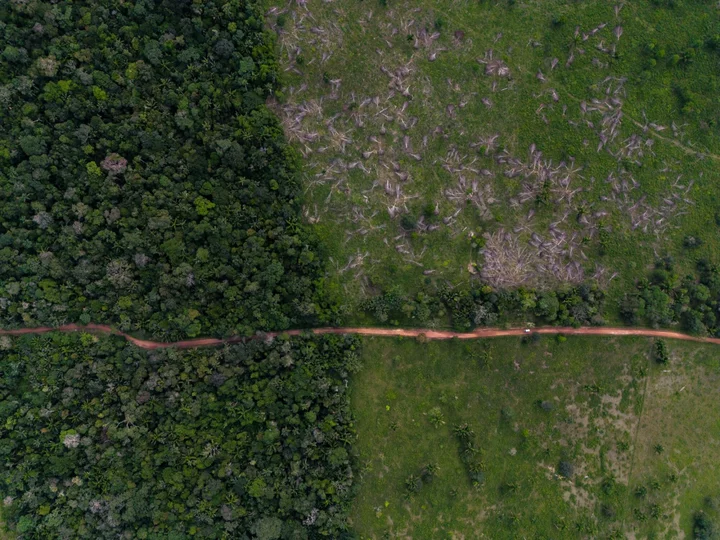Colonies of emperor penguins failed to breed at a level never seen before in parts of Antarctica, which saw a total sea ice loss in 2022, a new study says. The findings back predictions that 90% of this species “will be quasi-extinct” by the end of the century under the current global warming trajectory.Analysis of satellite imagery showed that none of the penguin chicks are likely to have survived, as four out of the five breeding sites in the region were abandoned as the ice begun to retreat well before the babies usually develop waterproof feathers, according to the study published Thursday by researchers from the British Antarctic Survey. In some regions west of the Antarctic Peninsula, 100% of the sea ice had melted away in November 2022, it added.“We have never seen emperor penguins fail to breed, at this scale, in a single season,” Peter Fretwell, lead author of the study, said in a statement. “The loss of sea ice in this region during the Antarctic summer made it very unlikely that displaced chicks would survive.”Emperor penguins need stable sea ice that’s firmly attached to the shore to breed and nurture their young from April to January. Penguins lay eggs in Antarctic winter from May to June at their breeding sites, but the chicks do not fledge until at least December.Read More: Antarctica May See ‘Cascades of Extreme Events,’ New Study Warns
With the planet already 1.2C warmer since pre-industrial times, an area of ice larger than the size of Greenland is already missing in Antarctica. Scientists have become increasingly alarmed by how the Antarctic ice has struggled to grow back after hitting an all-time low in February — a deviation so extreme from the normal that it’s been dubbed a “six sigma event,” or once-in-a-7.5-million-year phenomenon. Up north, Arctic summers could be ice free as soon as the 2030s.
As the ice retreats, emperor penguins typically move around to find more stable breeding sites but that strategy doesn’t work if the sea-ice habitat in the whole region is affected, the study said.El Niño may be making things worse this year, according to Caroline Holmes, a polar climate scientist at the British Antarctic Survey. But tumbling sea ice records and warming ocean temperatures “point strongly to human-induced global warming exacerbating these extremes,” she said in the statement.









